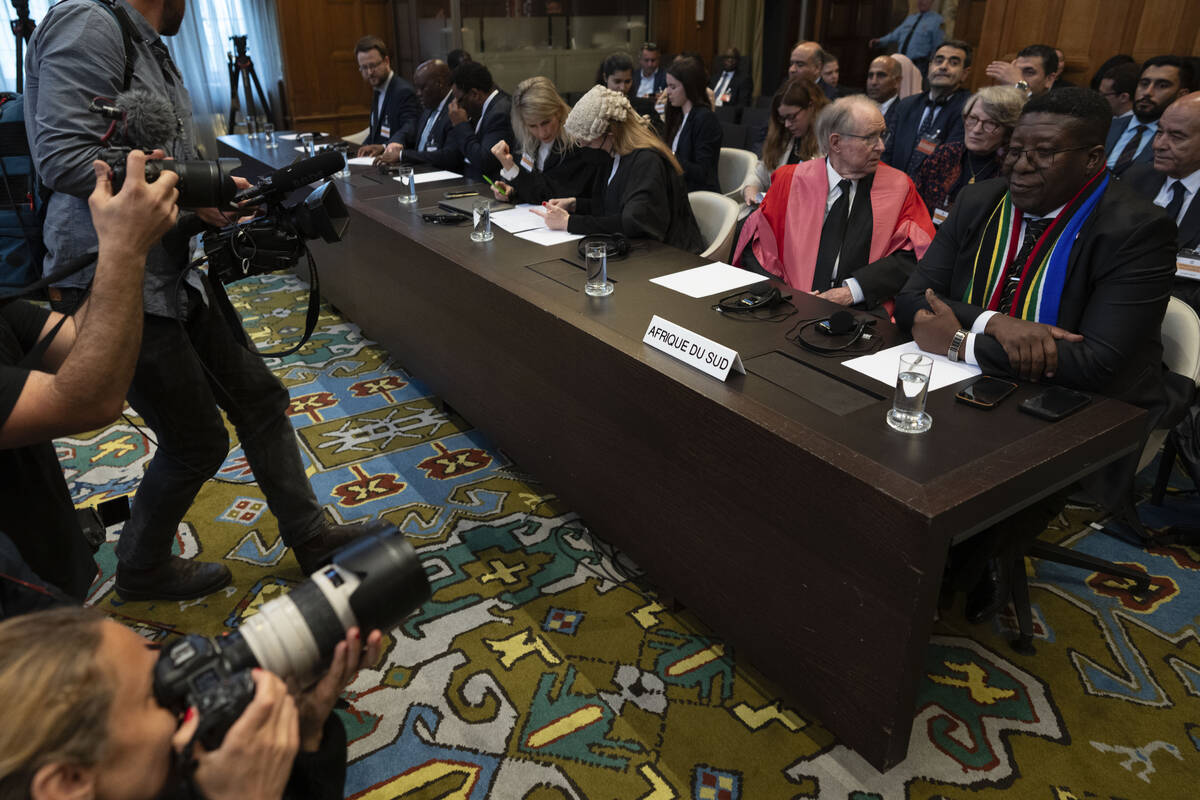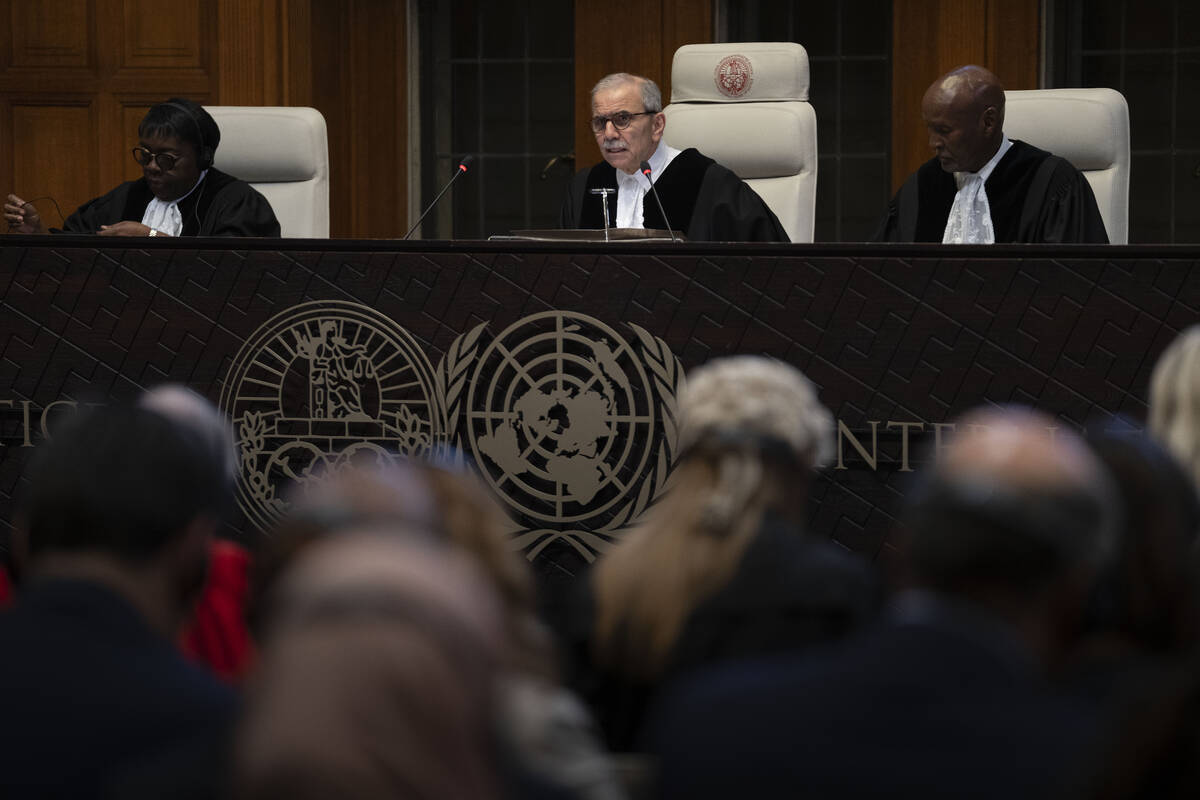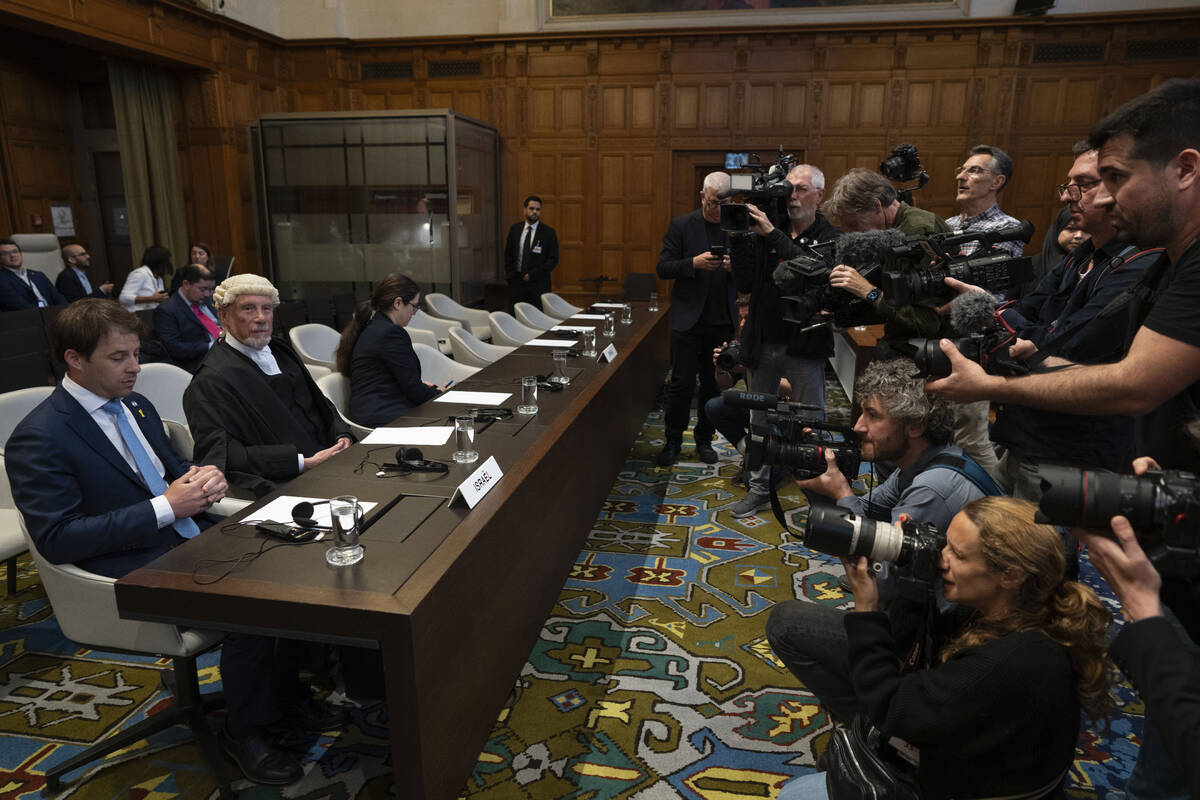U.N.-Israeli relations worsen with court order to halt Rafah offensive
THE HAGUE, Netherlands — The United Nations’ top court ordered Israel on Friday to immediately halt its military offensive in the southern Gaza city of Rafah, but stopped short of ordering a cease-fire for the enclave.
Israel is not expected to comply with the order. Israeli relations with the U.N. are at a historic low, with Israel accusing the world body of bias and antisemitism.
Israel started issuing evacuation orders about two weeks ago as it began military operations against Hamas terrorists on the edge of Rafah. Since then, the army says an estimated 1 million people have left as forces press deeper inside.
Benny Gantz, a popular centrist member of Netanyahu’s war cabinet, appeared to indicate that Israel would not change its course regarding Rafah.
“The State of Israel is committed to continue fighting to return its hostages and promise the security of its citizens — wherever and whenever necessary — including in Rafah,” he said.
Israel’s war was triggered when Hamas-led terrorists stormed into Israel on Oct. 7, killing 1,200 people, mostly civilians, and taking roughly 250 people hostage.
Criticism of Israel’s conduct in the war in Gaza has been growing, particularly since it turned its focus to Rafah. The U.N. order comes after the chief prosecutor for another international court requested arrest warrants for Israeli leaders, along with Hamas officials.
Israeli Prime Minister Benjamin Netanyahu is under some pressure at home to end the war. Thousands of Israelis have joined weekly demonstrations calling on the government to reach a deal to bring the hostages home, fearing time is running out.
“The charges of genocide brought by South Africa against Israel at the International Court of Justice in the Hague are false, outrageous and morally repugnant,” Netanyahu’s government said in response to the ruling, maintaining its position that the military hasn’t and won’t target civilians.
“We will continue operating in accordance with international law wherever we might operate, while safeguarding to the best extent possible the civilian population. Not because of the ICJ, but because of who we are and the values we stand for.”
























